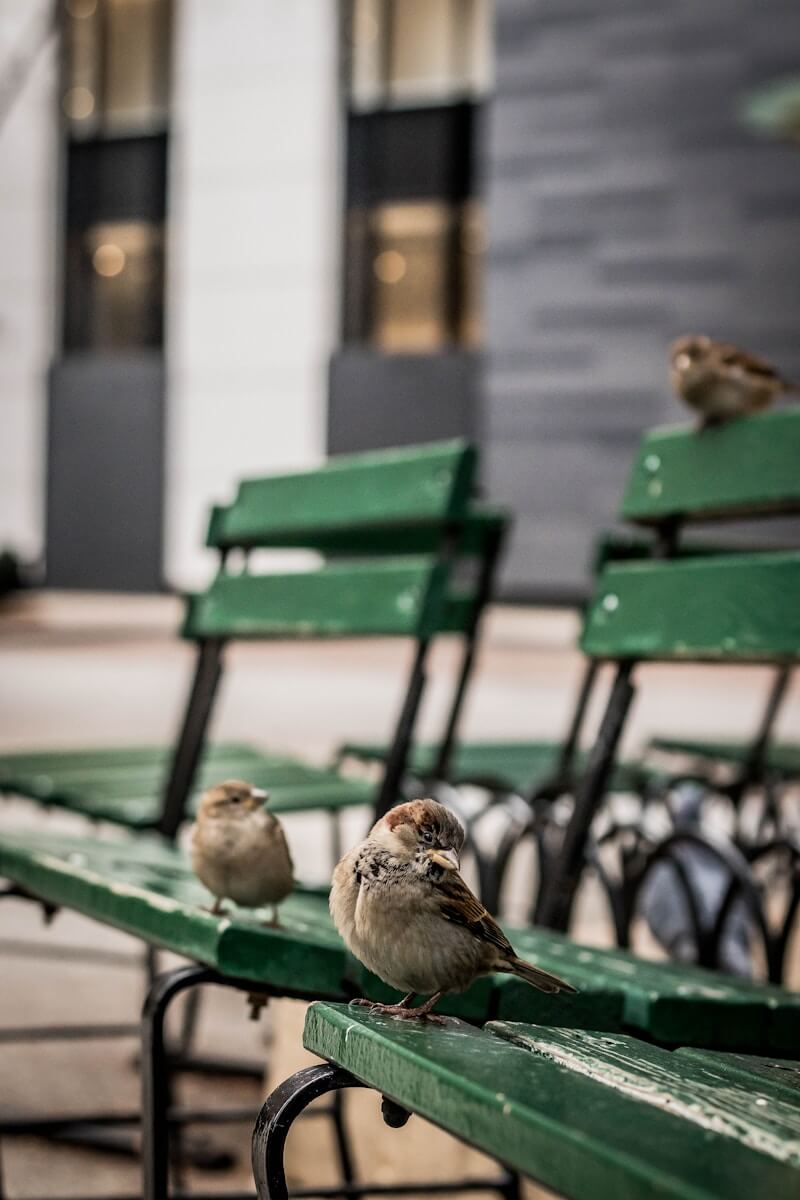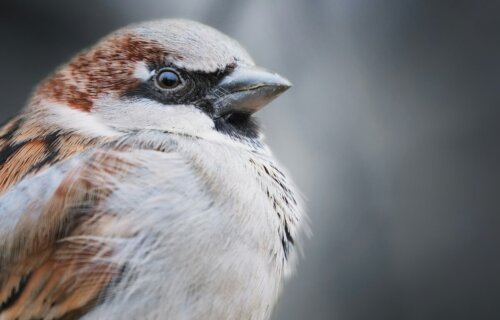BLACKSBURG, Va. — Fatherhood can be intimidating, but a new study suggests the secret to being a good dad may just be packing up and moving to the big city – at least for birds! Scientists at Virginia Tech have found that sparrows living in urban areas tend to be better, more caring fathers to their offspring.
It’s common, even expected, for animals to change their behaviors as they enter a new living environment. When it comes to birds settling in urban areas, increased aggression has been seen in numerous species. These behavioral changes are understandable, as they most likely stem from a greater need to defend territories.
More specifically, urban song sparrows have consistently been shown to be more aggressive in defending their territories. Due to lower species density, sparrows in cities usually encounter far fewer of their own kin than in the countryside. Now, this latest research has investigated the effects of urbanization and the subsequent associated increase in male aggression on the care they provide to their offspring.
“Male songbirds in temperate zones are thought to reduce parental care when they are more aggressive. Yet in this study, we show that urban male song sparrows provided more care for their young,” says Dr. Samuel Lane, a postdoctoral research fellow at North Dakota State University and lead author of the study (completed at Virginia Tech), in a media release. “Against our expectations, we found that they visited nests more frequently and were more successful parents than rural males.”

Plenty of songbird species have readily adapted to cities and urban areas. Even so, however, city environments mean these birds must deal with numerous challenges that are not an issue in their native habitats. One avenue by which animals cope with these changes is by balancing out their behaviors so as to manage energy and time resources more efficiently.
So, on the surface, this suggests that if urban male songbirds spend lots of time securing their territories, they likely have less time to spend on caring for their offspring. Thus, researchers expected to see that the more aggressive urban male sparrows were sacrificing their parental care duties in favor of territorial aggression. In turn, this was expected to result in lower survival odds among their young.
To test their hypothesis, the research team assessed six sites in southwest Virginia characterized by recent urban sprawl over four breeding seasons. They ended up observing that urban males visited their nests significantly more often than their rural counterparts, and began feeding their offspring earlier in the day.
“It turns out urban males are super males – able to defend their territories and care for their young,” Dr. Lane explains.
Study authors also discovered that hatching and fledging success rates were much better among urban habitats, even in spite of all the extra challenges urban birds face. For instance, brood parasitism, or a behavioral pattern in which certain bird species use nests of other birds to lay their eggs, is usually higher in cities. This tendency can end up negatively affecting development and survival of the offspring belonging in a nest. On the other hand, nest predation rates were much lower in the city, most certainly contributing to overall higher nesting success rates.
“It is often assumed that urban areas are more challenging for wild animals,” Dr. Lane adds. “Our study adds to growing evidence that certain species of songbirds even benefit from living in urban environments when there is sufficient green space for them to find food and nest locations.”
Study authors stress that their findings should not be generalized to all locations, species, or animals. Researchers point out that studying sites of more intense urbanization or species that cope worse with urbanization may produce different results.
The study is published in Frontiers in Ecology and Evolution.

What song sparrows? Your pictures are of house sparrows, a non-indigenous species that do a great deal of harm. So what is the truth here? I have never seen a song sparrow in Chicago.